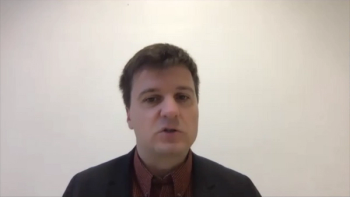
The neurologist from Universitätsmedizin Berlin and Berlin Institute of Health spoke about his study presented at AES 2020 and how the next steps following the positive results.

The neurologist from Universitätsmedizin Berlin and Berlin Institute of Health spoke about his study presented at AES 2020 and how the next steps following the positive results.

No cognitive improvements were observed for exercise versus waitlist groups of cognitively normal patients with MS.

The US Early Access Program for fenfluramine allowed access to the treatment for patients who were ineligible for clinical trials.
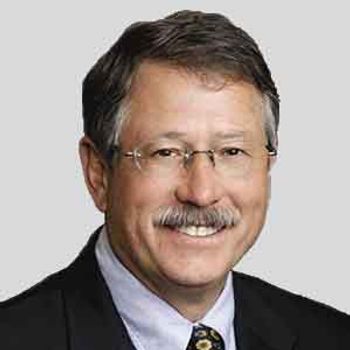
Patients receiving perampanel in combination with an enzyme-inducing anti-seizure medication may require a higher perampanel dose to achieve similar efficacy with only non-EIASMs.
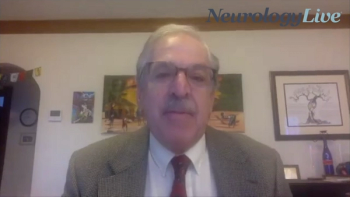
The neurologist from the Comprehensive Epilepsy Care Center for Children and Adults, in St. Louis, Missouri, discussed how patients found cenobamate effective for up to 43 months.

Further results of the 2 phase 3 studies are expected to be completed and presented in detail in first half of 2021, with a BLA submission to follow.
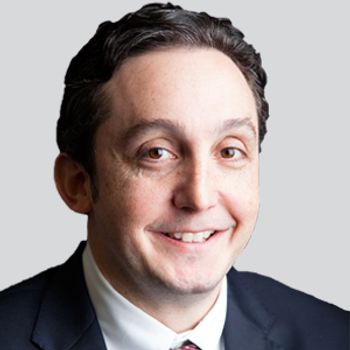
Michael Okun, MD, executive director of the Norman Fixel Institute for Neurological Diseases detailed the collaborative effort needed to see sustainable change in the approval system of neurological devices.
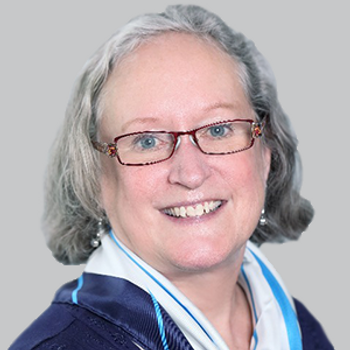
Study data from the NIH/CDC Sudden Death in the Young (SDY) Case Registry suggest that nonwhite children and infants have rates of SUDEP mortality 1.5 times higher than whites.
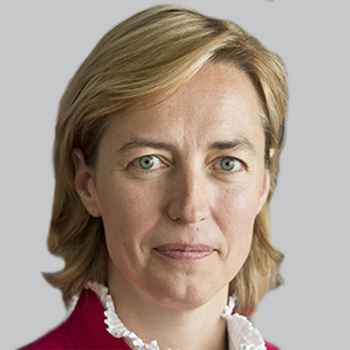
Microburst stimulation was also found to be more tolerable than standard stimulation in patients with drug-resistant epilepsy.
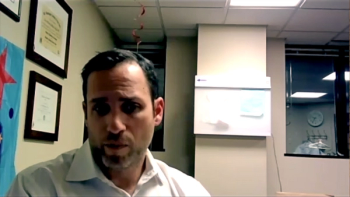
The director of pediatric epilepsy at HMN Hackensack University Medical Center provided background on how his data may change how clinicians use diazepam nasal spray.

Christian Meisel, MD, PhD, department of neurology, Universitätsmedizin Berlin, and Berlin Institute of Health, discussed the landscape for devices that forecast seizures, including the use of multi-modal wristband sensors.
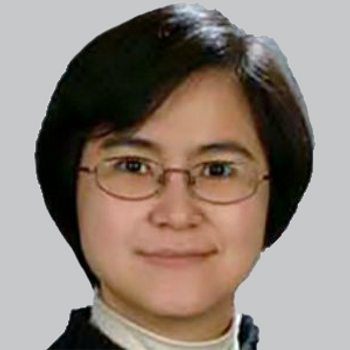
The registry is planning to expand, with 5 additional centers recently agreeing to participate and institutional research ethics applications underway.

Effect modification analysis showed that the treatment effect when using CBD was comparable between patients with and without infantile spasm history.
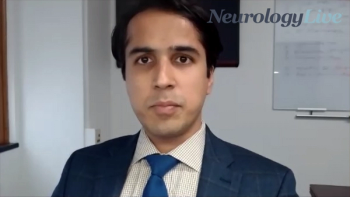
The neurologist from Cleveland Clinic discussed the potential of using perampanel as a monotherapy for patients with focal onset seizures.

Episode 4 of the AUPN Leadership Minute features Clifton L. Gooch, MD, of the University of South Florida; and Robin Brey, MD, of the University of Texas Health Science Center at San Antonio. [WATCH TIME: 3 minutes]
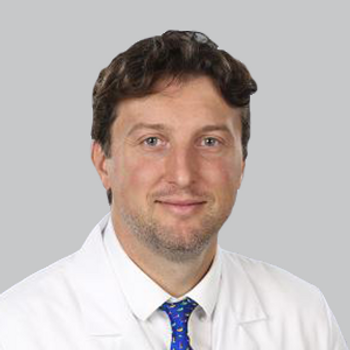
Data from this post-hoc analysis show slight differences between repeated administration of 1 and 2 doses of midazolam.

No patient with CDKL5 Deficiency Disorder developed valvular heart disease or pulmonary arterial hypertension while being treated with fenfluramine.

Interim data from a real-world study suggest that adjunctive treatment with brivaracetam is well-tolerated and may improve quality of life over 12 months for those with focal seizures.

The data suggest that some patients with partial-onset seizures may benefit from lower doses to mitigate treatment emergent adverse events, but these must be tailored to each patient.

The pediatric neurologist and epilepsy specialist at Children’s Hospital Colorado detailed the results of study of fenfluramine in patients with Lennox-Gastaut syndrome.
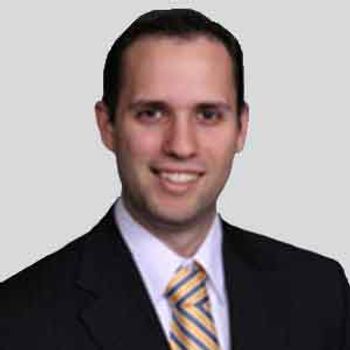
The safety profile of diazepam remained similar to what was previously observed, but generally, more patients in the concomitant benzodiazepine subgroup experienced more TEAEs.
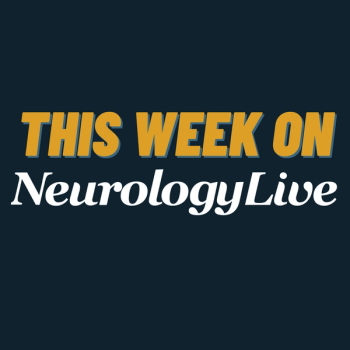
Here's what is coming soon to NeurologyLive.

The neurologist from the Comprehensive Epilepsy Care Center for Children and Adults, in St. Louis, Missouri, discussed how high rates of seizure reduction were seen in treating drug resistant epilepsy.

Top line results from the retrospective EXPERIENCE study of brivaracetam are expected to read out in early 2021.
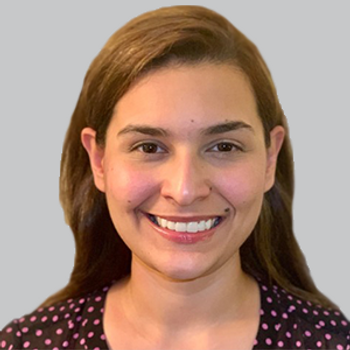
The GW Pharmaceuticals product has shown confirmed efficacy in LGS, though the study failed to produce a firm conclusion regarding its efficacy in other drug-resistant epilepsies.
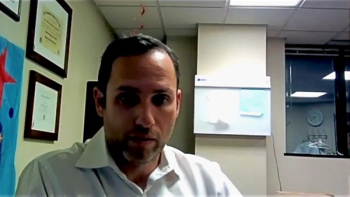
The director of pediatric epilepsy at the Northeast Regional Epilepsy Group discussed his study presented at AES 2020 which involved the effectiveness of diazepam nasal spray regardless of treatment regimen.
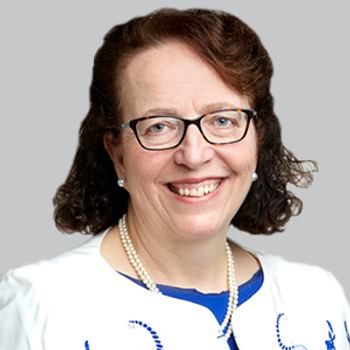
Zogenix’s fenfluramine (Fintepla) appears to provide durable and profound reductions in monthly convulsive seizure frequency for those with Dravet syndrome out to 3 years.

The initial study results may provide the basis for future evaluation as a step towards patient empowerment and objective epilepsy diagnostics for broad application.

Neurology News Network for the week ending December 5, 2020.

Take 5 minutes to catch up on NeurologyLive's highlights from the week ending December 4, 2020.